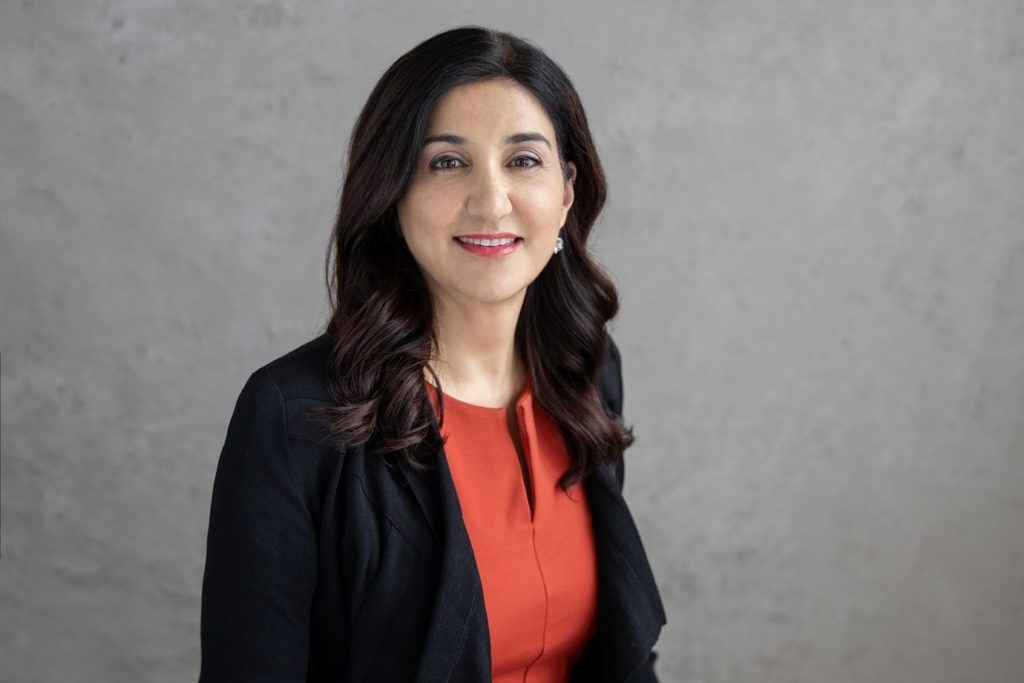Lisa Annese is the Chief Executive Officer of the Diversity Council Australia. It’s a job she loves, and her day-to-day work, which involves supporting some of the biggest organisations in the country to do better on diversity and inclusion, is something she “lives and breathes”.
“I can’t think of time when I didn’t care about [diversity and inclusion]. I was always obsessed with things being fair and I can never remember a time when I wasn’t passionate about gender equality. It’s my driving force,” Annese tells Shirley Chowdhary in this week’s episode of The Leadership Lessons.
The Diversity Council Australia is an independent, not-for-profit body, leading diversity and inclusion in Australian workplaces. Its member organisations employ roughly 2 million Australians, representing up to 20 per cent of the entire workforce.
In her role as CEO, Annese is charged with leading debates on diversity and inclusion in the public sphere, and has spearheaded some ground-breaking research, including Australia’s first national index on workplace diversity and inclusion, and in other areas like the gender pay gap and sexual harassment.
Last year, Annese developed and launched the DCA’s #IStandForRespect campaign, signed by over 220 CEO’s who have pledged to take a stand against gendered harassment and violence and stamp out sexual harassment in their workplaces.
In the podcast, Annese explains that in a role like hers, “you’re always up against it” because agitating for change is not something everybody is always receptive to. This is especially true in a country like Australia, where the majority of our leaders tend to come from privileged upbringings.
“You’ve got to be comfortable being a little difficult,” she says, sharing that she’s always been “that person” at a dinner party who calls it out when a sexist or racist comment is made. “I just think it’s in my DNA to care so much.”
Annese never planned on a career in the diversity and inclusion space, first endeavouring into the world of banking, a reliable career choice that pleased her family. “I hated it, but it was useful because obviously now as a CEO you actually need to know how to read balance sheets and panels and all that stuff,” she says.
But then, in the 1990s, organisations were responding to the Sex Discrimination Act that had been passed in the previous decade, and all of a sudden, there were plenty of job opportunities if you wanted to work in the area of diversity and inclusion.
“I didn’t plan it at the beginning, because I didn’t know you could be a professional feminist,” Annese said. “I didn’t know you could do it for a job, unless you were a great writer or an artist and I admire a lot of great writers and artists, but unfortunately, I don’t have the talent to be a great writer or an artist.”
Now, Annese said her role at the DCA is “more of a passion than a job”. And looking to the future, she says she’d love to live and work in a society where inclusion and diversity are part of every workplace’s core.
“I just don’t want to see this area politicised anymore. I think that it would be nice to have a world of work where those conversations weren’t happening anymore,” she says.
“I’d like to see workplaces abide by their commitments to create respectful environments or at least do their best and hold people accountable when they’re not being respectful.
“I’d like to see the gender pay gap close.
“I’d like to see women not treated as a homogeneous group.
“I’d like to see more diversity, within groups, of other aspects of people’s identity, their racial and cultural background.
“I’d love to see cultural protocols around First Nations peoples embedded, and genuine commitment to diversity and inclusion.”
Hear more from Lisa Annese in the latest episode of The Leadership Lessons, a Women’s Agenda podcast made possible thanks to the support of Salesforce.


